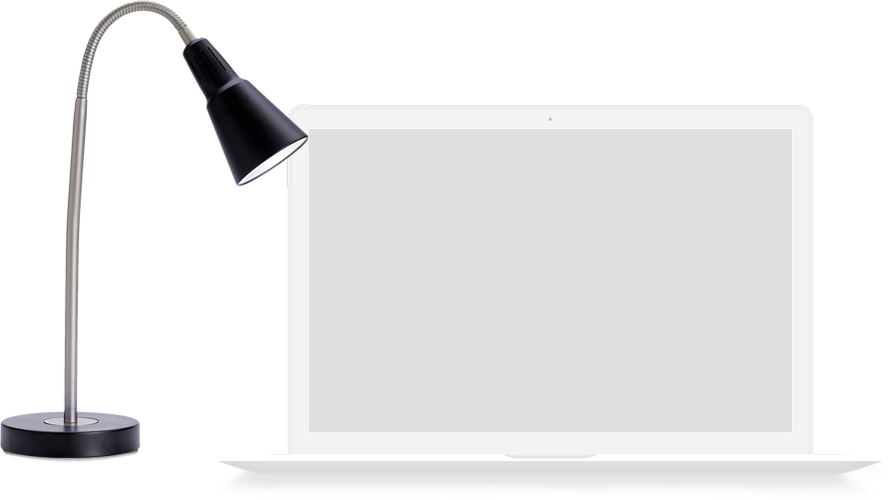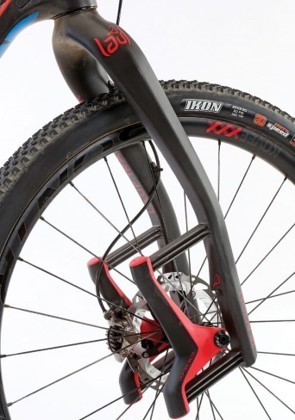Indigo provides expert advice, assistance with registrations and disputes in the area of intellectual property rights (IPR).
Intellectual Property Rights are so called intangible property rights and can for example involve trademarks, patents and design.




Intellectual Property rights comply with the same principles that apply to traditional property rights. They can be traded, mortgaged and of course be inherited just like any other assets. Registration of an intellectual property grants the owner an exclusive right to use them.


All matters relating to trademarks in Iceland and International Trademark applications.
Validation of European Patents in Iceland.
Preparation and filing of applications for both national and international design registrations.
Lára Helga has an extensive experience and knowledge in the area of IPR but she worked as a lawyer at the Icelandic Intellectual Property Office (ISIPO) for nearly two decades. There she substantiated and determined whether the applied for trademarks were eligible for registration in accordance with Icelandic trademark law, ruled in opposition cases and participated on behalf of the ISIPO in appeal proceedings. Furthermore she actively participated with the relevant Ministry in drafting legislation in the area of IP and also in International cooperation.
Start-Ups should consider their intangible assets, and whether to place them under intellectual property protection. This is particularly important if they plan to market their products overseas but that can both be complicated and expensive, possibly requiring investor’s capital. Registration of intellectual property rights gives investors assurance that intellectual property law protects their investments.


A trademark is any sign capable of distinguishing the goods and services of one proprietor from those of another.
The Icelandic Patent Office www.patent.is keeps track of registered trademarks, as well as other Intellectual Property. Trademarks registered with the Icelandic Patent Office are solely protected in Iceland, i.e. they are not protected in other countries.
Namely, anything that can be written with symbols, such as letters, numbers and other traditional symbols, Marel and 66°N.


If an unregistered trademark is used and its use violates others rights it may be necessary to halt the production of the product and/or to find a new trademark/sign to use to identify the product.
Registered trademarks can be valuable assets, and even be the most valuable assets that a business owns. In a direct way, they can also protect their reputation and goodwill at the same time.
If intentions are to market a product or service overseas, it is important to apply for registration for the trademark in the relevant jurisdictions. Once an application for registration has been filed in Iceland, an international application can be filed through WIPO (World Intellectual Property Organization) in Geneva. List of goods and/or services may not be more extensive than indicated in the national application/registration. If the international application is applied for within six months from the date of the national trademark application, it will be regarded as having been submitted at that same date.
It may be very useful to consult with an Intellectual Property rights specialist, particular to determine whether trademarks are eligible for registration in accordance with Icelandic trademark law. The advantages of a registration prevent an illegal use by competitors of a trademark, build value in a trademark portfolio and brand, and to strengthen the intangible assets of a business.

Patents protect the technical embodiment of an invention, such as equipment and products, as well as methods or applications. Basic requirements for granting an invention a patent is that it is new (worldwide), inventive (differs essentially from prior technology) and capable of industrial application (the invention must be suitable for mass production).
The European Patent Convention is a multinational convention in which 38 member states participate, including all 28 member states of the European Union and 10 other non EU member states. Iceland has been a party to the Convention since 1 November 2004. The European Patent Organization is an independent intergovernmental organization.
Patent applications filed at the European Patent Office (EPO) are prosecuted in a single official language, which can be either English, French or German. An applicant/inventor can apply by filing an application either directly at the European Patent Office, or via a local national receiving office, such as the Icelandic Patent Office.
At the end of the patent application procedure, the European Patent Office grants a single European patent covering all designated states.
Once granted, the European patent is open to opposition from third parties for a period of 9 months. Simultaneously with the opposition period, within 4 months of grant, the patent must be "validated" in Iceland to continue the rights for their maximum 20 year term from first filing date.
The following must be filed with the Icelandic Patent Office within four months of the date EPO published notification of granting the patent in order to confirm a European patent in Iceland, cf. Article 77 of the Patents Act:

Design registration protects the shape and appearance of various products ranging from artistic work such as sculptures, industrial products, fashion items, consumer goods, automotive components, furniture, building structures, clothing items, and packaging.
Design registration protects the appearance of a product, either in part or as a whole. The design must have a certain degree of novelty.
Iceland has been a member of the Hague Agreement since 2001. The Hague System for the Industrial Designs provides a mechanism for obtaining and managing registered design rights in countries and intergovernmental organizations that are members of the Hague Union.
A single international registered design gives rights which are equivalent to national registered design rights in each of the designated territories of the registration.
Applicants not residing in Iceland need to have an agent who is a resident in the EEA area.
